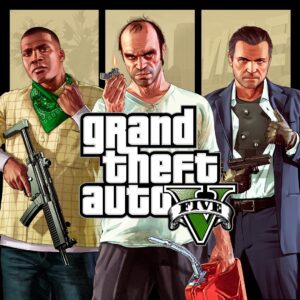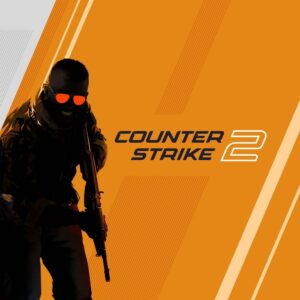Outrage and Unwatched Film: Donkey Kong 64 Composer “So Pissed” Over Super Mario Bros. Movie Snub
Popular Now
 Free Fire
Free Fire
 PUBG Mobile
PUBG Mobile
 Roblox
Roblox
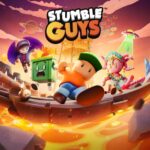 Stumble Guys
Stumble Guys
 Genshin Impact
Genshin Impact
 Toca Boca World
Toca Boca World
 Among Us
Among Us
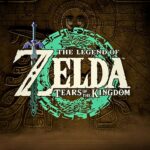 The Legend of Zelda
The Legend of Zelda
 R.E.P.O
R.E.P.O
 EA SPORT FC 25
EA SPORT FC 25
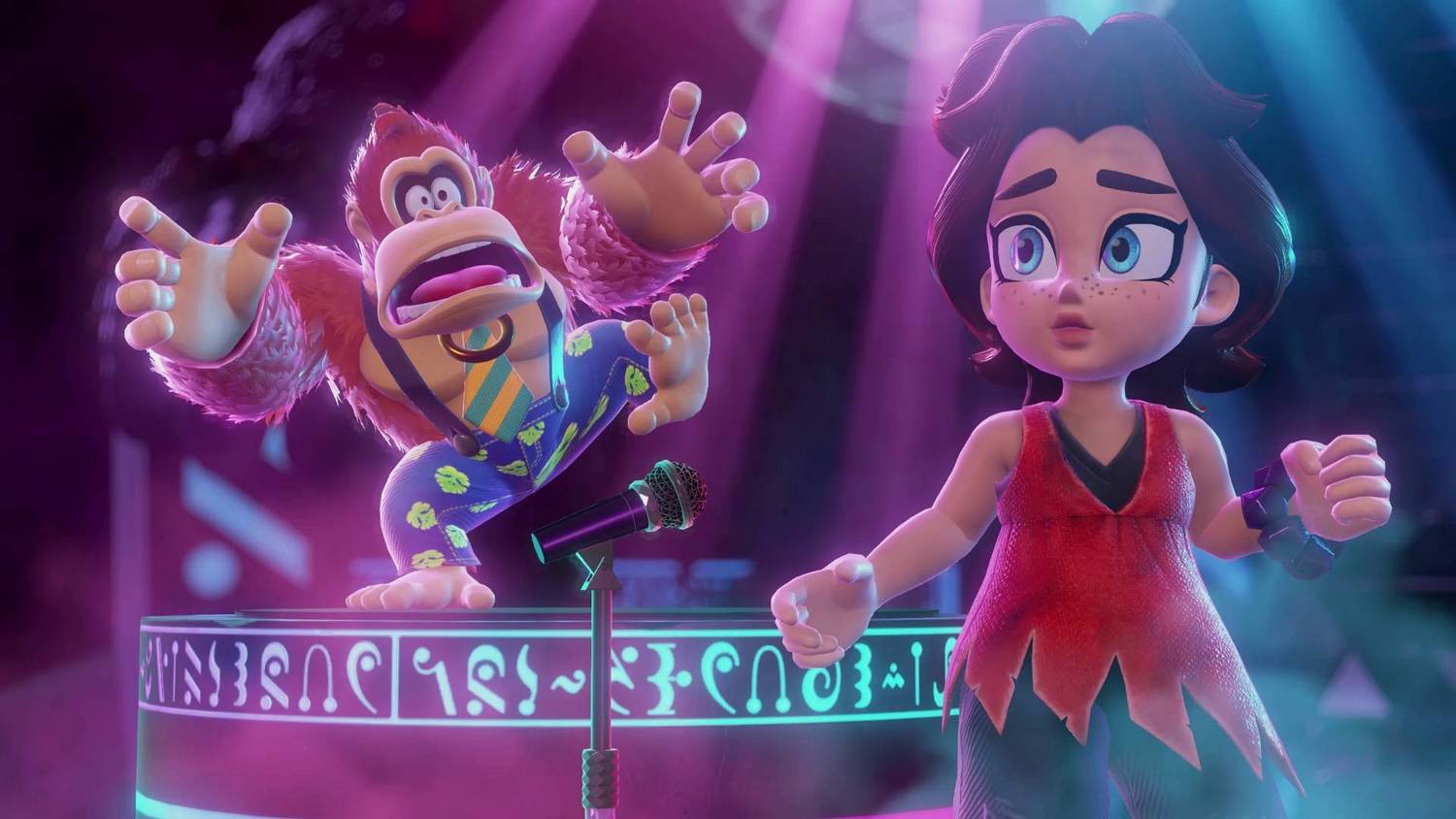
The cinematic debut of Donkey Kong on the big screen in the blockbuster hit, The Super Mario Bros. Movie, brought a wave of nostalgia for millions of fans, largely fueled by the inclusion of the infamous and beloved ‘DK Rap’ from the classic Nintendo 64 title, Donkey Kong 64. However, the excitement was notably absent for the song’s original composer, Grant Kirkhope, whose omission from the film’s credits has led to ongoing frustration, leaving the acclaimed composer “so pissed” that he still hasn’t watched the movie in full, despite its monumental box office success and critical praise for its faithful adaptation.
This news resonates across the gaming industry and raises significant questions about intellectual property rights and the acknowledgment of creative contributions, even decades after the original release. The ‘DK Rap’ became one of the film’s most talked-about moments, ironically highlighting the composer’s uncredited work to an entirely new, massive global audience. The song’s use was a key marketing component, making the snub particularly jarring for Kirkhope and his dedicated fanbase, who felt the decision was a significant oversight by the film’s producers, Illumination, and rights holder, Nintendo.
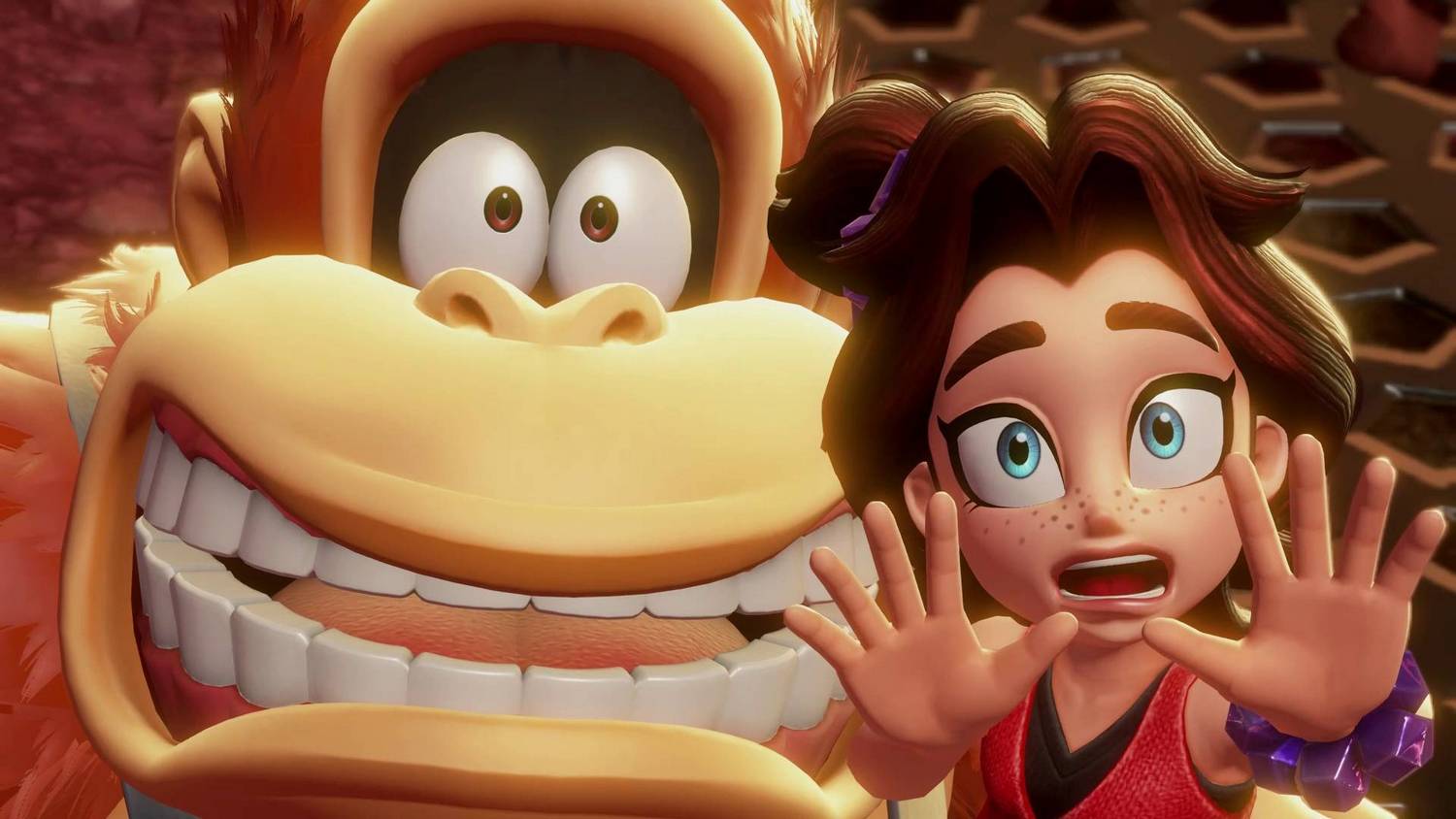 The Heart of the Dispute: Unpacking the Uncredited ‘DK Rap’
The Heart of the Dispute: Unpacking the Uncredited ‘DK Rap’
Grant Kirkhope, a legendary figure whose music has defined some of the most cherished titles from the Rareware era—including Banjo-Kazooie and GoldenEye 007—originally composed the ‘DK Rap’ as a playful, slightly tongue-in-cheek intro for Donkey Kong 64. Its inclusion in the modern film, reportedly sampled directly from the N64 game, was a genuine surprise for many, yet the lack of a personal credit for Kirkhope has become a flashpoint for discussing composer rights in the current digital economy.
The core of the issue, as Kirkhope explained in follow-up discussions, stems from Nintendo’s corporate policy regarding music they own. He revealed the frustrating rationale:
- Internal Policy: Nintendo decided not to credit composers for music quoted directly from games that the company owns—with the notable exception of veteran composer Koji Kondo.
- The Vocal Loophole: Initially, a rule change suggested that anything with a vocal performance would be credited, seemingly clearing the way for the ‘DK Rap.’
- The Final Snub: The ultimate ruling was that if the music was owned by Nintendo, the original composer would not be credited, regardless of the vocal track.
This policy led to a situation where the multi-million dollar animated feature, a major revenue stream for the studio, fully credited composers and performers for licensed pop songs, such as A-Ha’s “Take on Me” and AC/DC’s “Thunderstruck,” but only offered a generic ‘from Donkey Kong 64’ credit for the song that defined one of the main character’s most memorable scenes. Kirkhope emphasized the minimal effort required, saying, “for the sake of a couple of lines of text,” the production could have shown a measure of respect.
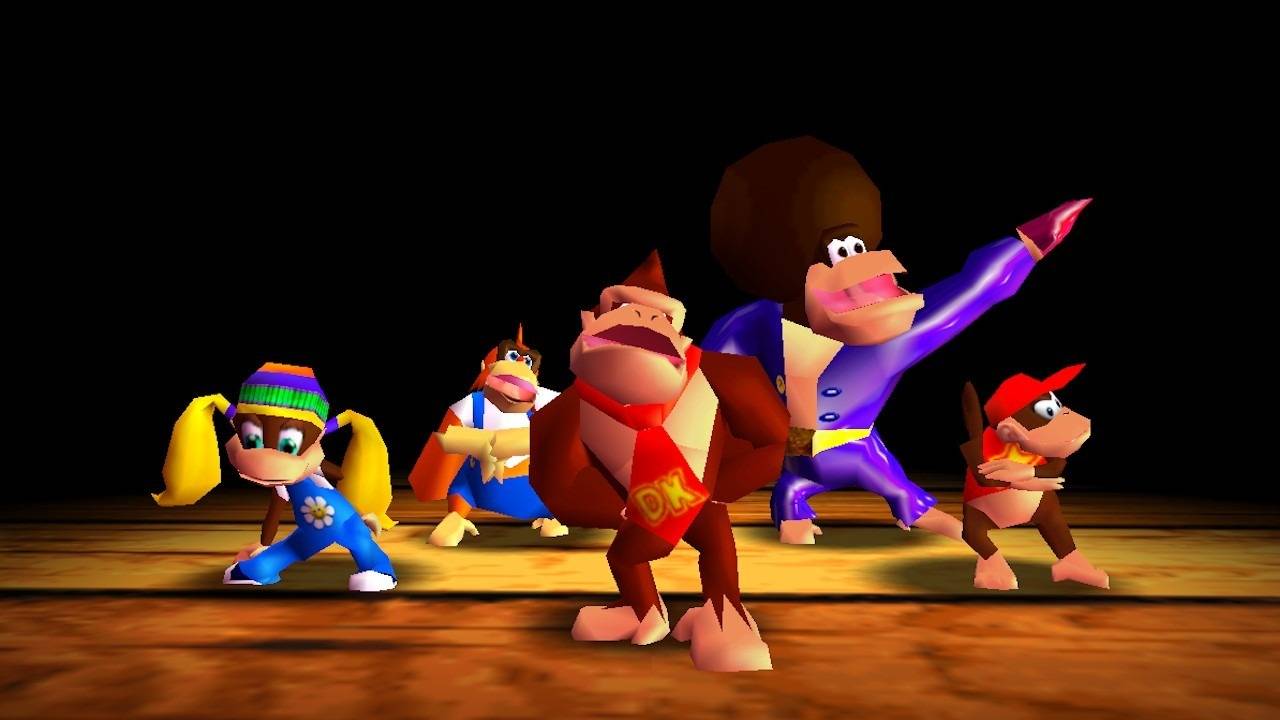 The Emotional and Financial Impact on Game Composers
The Emotional and Financial Impact on Game Composers
The composer’s strong reaction—being “so pissed” he can’t bring himself to watch the movie—underscores the emotional toll such decisions take on creators, even those with established, high-profile careers. The lack of credit is not just a matter of ego; it has real-world implications:
- Professional Recognition: Movie credits are a key element of a composer’s resume, crucial for securing future high-paying jobs and lucrative contracts in both film and gaming.
- Royalties and IP: While Kirkhope was compensated for his original Donkey Kong 64 work under a work-for-hire agreement, which means Nintendo owns the copyright, a lack of credit can still impact performance royalties in certain jurisdictions and is seen as an industry standard for professional courtesy.
- Fan Advocacy: The composer’s disappointment resonated deeply with fans, who see the omission as disrespectful to the creative talent that shaped the original game’s enduring legacy. The public outcry acts as an informal pressure campaign, highlighting a broader issue within the video game industry regarding proper attribution for developers and artists.
The situation highlights the complex nature of intellectual property ownership and the moral obligations of major corporations. For a creative professional like Kirkhope, seeing his work, which he describes as a ‘joke’ that went viral, become a huge part of a global entertainment franchise without his name attached, is clearly a demoralizing experience. His stance of not watching the film, even while acknowledging he’s “seen that bit” with the rap, serves as a powerful, personal protest against the decision.
A Precedent in the Gaming Ecosystem
The uncredited ‘DK Rap’ follows a troubling pattern in the video game world, where work-for-hire agreements often strip creators of the right to be credited for their contributions, even in later re-releases or cross-media adaptations. This is in contrast to the heavily unionized and formalized crediting processes of Hollywood and the music industry. The film’s decision to credit licensed third-party music but not the original, integral music from the source IP raises ethical concerns that go beyond legal obligation. It sets a questionable industry standard for how heritage intellectual property is handled.
Furthermore, the persistent rumor that Nintendo “never really liked DK 64 that much,” which Kirkhope alluded to, adds a layer of speculation to the decision. This potential corporate bias against a classic installment in their own catalogue could be a contributing factor to the lack of recognition, suggesting a strategic effort to downplay the game’s association, despite leveraging its most iconic song for a high-value, high-C.P.C. (Cost Per Click) marketing asset in the film.
As the Super Mario Bros. Movie franchise continues to expand—with an anticipated sequel and further spin-offs—the spotlight remains on how future projects will address this issue. Will the next installment acknowledge the composers who built the soundscape of the Nintendo universe? Or will this trend of de-crediting continue, diminishing the value of the creative talent that fuels their most successful monetization strategies? For now, the legacy of the ‘DK Rap’ is a bittersweet one: a massive pop culture moment for Donkey Kong, but a painful omission for the man who created its unforgettable beat. The global gaming community, always keen to support its composers, waits to see if a measure of respect will eventually be paid to the uncredited legend, Grant Kirkhope.




